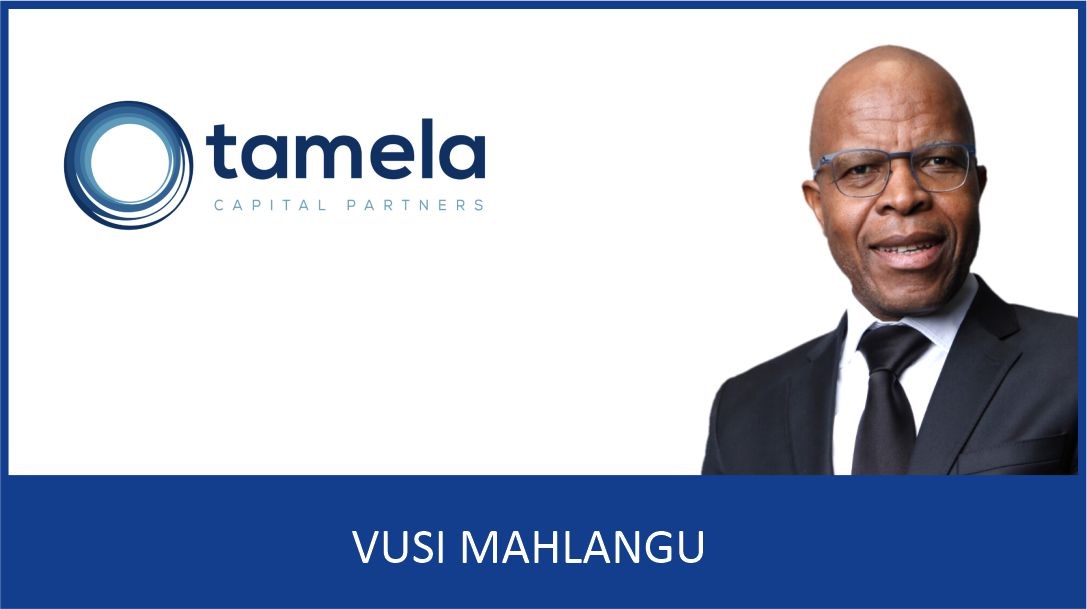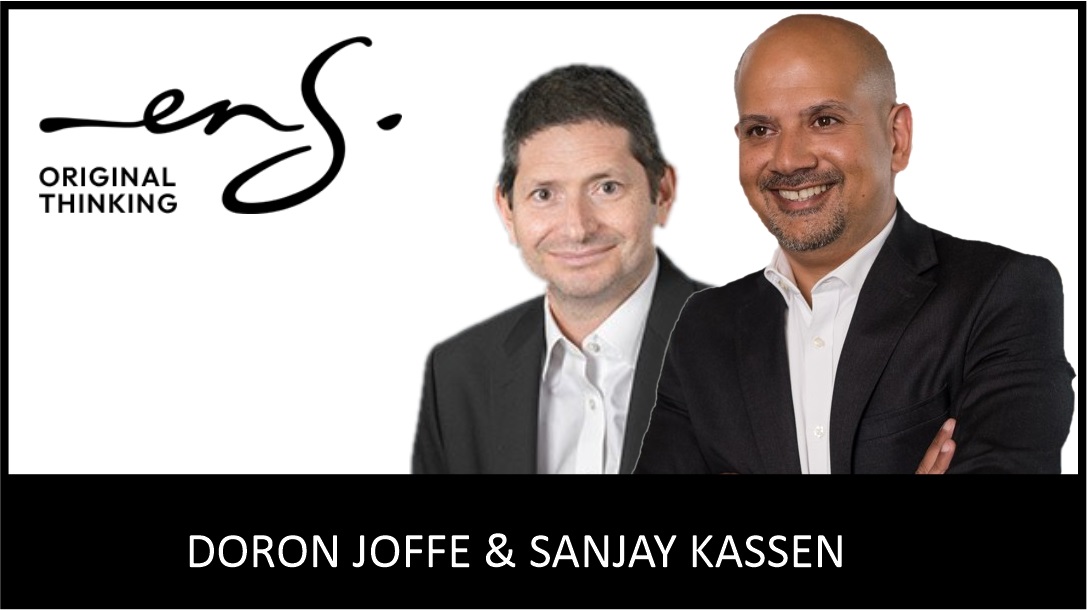Vusi Mahlangu, Director at Tamela
Following several high-profile governance breakdowns, most notably the collapse of Daybreak some months ago, and persistent state capture-related cases, company directors across sectors are finding themselves increasingly under the spotlight. Boardroom accountability has moved to the forefront, prompting a renewed focus on fiduciary duties, particularly the duty of care.
‘Duty of care’ not just a box-ticking exercise
The role of a director exists because companies, as legal entities, cannot act on their own and must be represented by a board of directors. Given this, non-executive directors and independent directors have the fiduciary duty to act in the best interests of the company.
Some boards have treated the duty of care as a compliance exercise. They read the reports, attend the meetings, sign off decisions and their job is done. However, this is not enough. The duty of care requires that directors make informed and reasonable decisions.
It is not adequate to simply be present in meetings. Directors need to interrogate assumptions, ask questions and demand clarity on issues they are not sure about. If nothing else, the learning from the Daybreak collapse was that passive oversight is no oversight at all.
Duty of care versus duty of loyalty
While the duty of care is about how decisions are made, duty of loyalty is about why they are made. In this respect, directors are expected to put the interests of the company above their own, avoiding conflicts of interest or personal gain.
The Daybreak case is a clear example. Accusations of conflicts of interest and undue influence show that even the appearance of disloyalty can damage reputations and businesses. Being loyal is not just about avoiding unethical actions, it also means being open about any conflicts. In these situations, honesty and transparency are essential.
Avoiding legal and reputational pitfalls
Boards must be wary of groupthink. While consensus can be constructive, it should not come at the expense of critical thinking. A healthy boardroom culture encourages open debate and diverse perspectives.
Directors also have a duty to stay well-informed. This means actively engaging with financial statements, operational updates, and risk assessments. Most critically, directors must understand the business they oversee. A lack of familiarity with the organisation’s core operations or industry context can lead to poor decision-making, even if well-intentioned.
So, what does fiduciary duty mean?
Fiduciary duty means treat as your own for all directors: look after the company’s affairs and people as your own, not only the shareholders. It should be an act of good faith, without self-interest.
It means being accountable, even when it is uncomfortable, and recognising that every boardroom decision can have real-world consequences, such as jobs lost, investments drained, or public trust broken.
Fiduciary duty is a standard of behaviour that demands vigilance, integrity, and backbone. In today’s tumultuous governance climate, characterised by disastrous exposés and poorly judged appointments, this aspect is also non-negotiable.
As regulators, shareholders, and the public call for more from corporate leadership, directors must move beyond superficial compliance to a deeper, more honourable commitment, thereby safeguarding entire companies and, even more broadly, South Africa’s risk profile.
ENDS

























































































